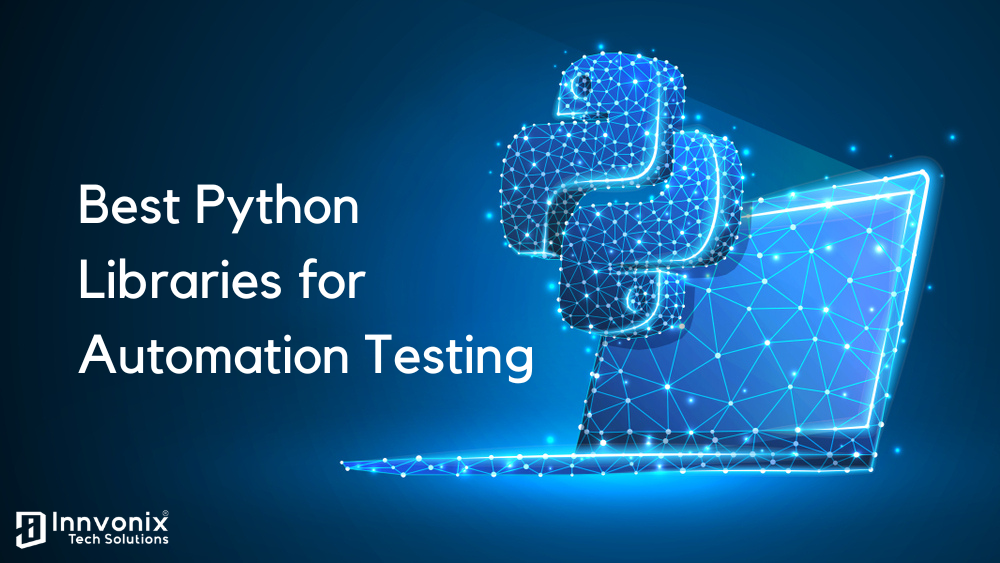There is a wide variety of Python libraries available for Python. Various Python libraries are available for automating tasks that programmers use regularly. DevOps automation can also be enhanced with Python-based scripts.
Python development company using several tools for automating tasks. Hence, all testing and automation tasks can easily be accomplished using Python libraries.

What Is Automation And Why Is It Important?
For any business process to be optimized, efficient, and effective, automation will be crucial. Automation is also of crucial importance to our IT operations, especially with SAP as one of the most important applications in the environment.
It will handle complex business processes driven by complex applications. This system will offer multiple platforms, geographic regions, tools, and many different technologies. This full-stack automation process will bring many benefits to you.
Here are some of the best Python libraries for automation testing. Let’s check them out one by one.
1. Automagical
Robotic process automation or SRPA is one of the most popular open-source platforms available today.
2. Splinter
Splinter is a wonderful Python wrapper library specially designed for Selenium. Python web applications can be tested with Splinter, a free open-source tool.
This tool automates various browser operations, including interaction with other items, visiting URLs, and more.
3. Pywinauto
This platform is a good option for function automation that is not browser-based. Using Python modules, it automates the window’s GUI and handles complex tasks, such as obtaining text data and details.
4. Locust Framework
Locust is another great Python testing framework that you should be aware of.
5. Robot
It’s a Python testing framework that’s open-source and extensible. In addition to being easy to integrate, it also allows for flexible automation testing.
6. Nose2
Python’s PyUnit framework now gets the support of Nose2’s plugins for test execution, case discovery, and documentation collection.
7. Paramiko
Automation scripts make it possible for users to log into a virtual machine’s server with Python Paramiko.
Using an SSH client, users can execute ad-hoc commands. This is performed through remote machines connected to the SSH server.
8. Robot Framework
Consider using this framework to test the automation process within your company using Python. This tool enables easy creation and reading of tests using keyword-driven approaches.
In addition to Robot Framework, many other things can be tested with it, like Android, mainframe, Appium, MongoDB, FTP, etc.
9. Beautiful Soup
Several people use Beautiful Soup to extract data from XML and HTML files.
It is typical for most developers to include Python helper scripts in the frameworks they use. Python helper scripts do take advantage of this tool effectively.
10. Selenium
Testing with Selenium is a great way to automate functional tests with Python.
11. PyTest
It is widely used as an automation framework in a variety of languages. In addition to the functions written on this platform, you can also create fixtures that are scalable and reusable.
12. Lettuce
With Lettuce, you can use Cucumber and Python to create a behavior-driven automation system.
Lettuce is designed to simplify behavior-driven development tasks by focusing on a few common tasks, making the work more fun.
13. Lemon Cheesecake
This Python framework focuses on functional testing, offering fixture, match, and metadata organization (test/suite name, description tags, properties, link) as well as various reporting formats such as HTML, JSON, and XML).
14. Behave
This platform offers you the opportunity to choose from a variety of behavioral-driven development libraries.